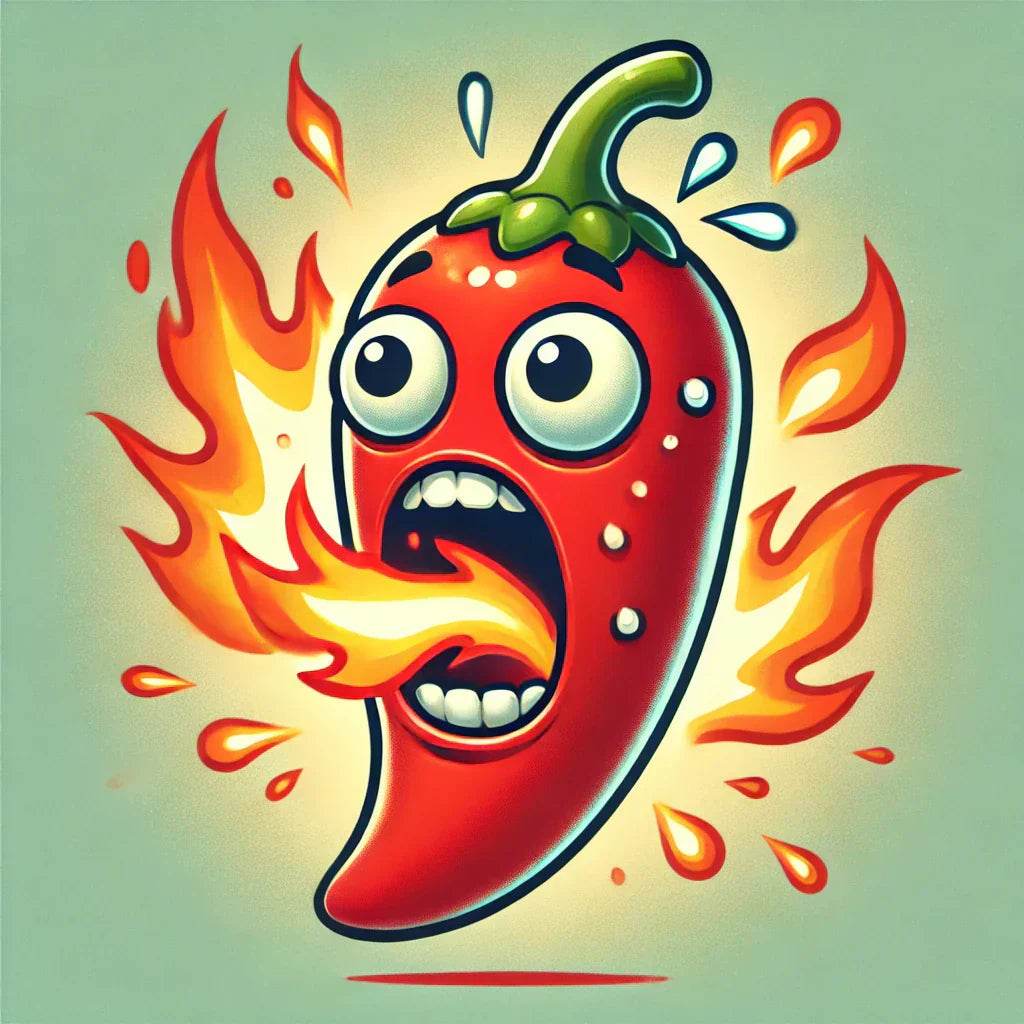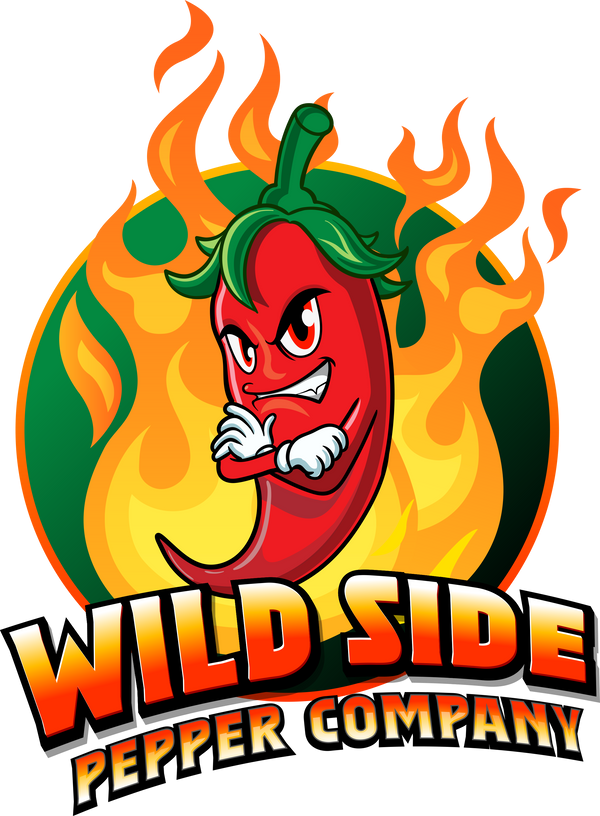
What in Blazes is a Scoville?
Share

What in Blazes is a Scoville?
The Scoville Scale: Measuring the Heat of Peppers:
But what exactly is a Scoville Unit, and where did this fiery measurement originate? Let’s dive into the sizzling history and science behind the Scoville Scale.
The Birth of the Scoville Scale
Scoville’s test, known as the Scoville Organoleptic Test, was simple but effective. The process continued until the heat was no longer detectable. The spiciest peppers required millions of dilutions—hence the astronomical SHU numbers seen today!
How It Works: Measuring the Heat
Today, scientists use high-performance liquid chromatography (HPLC) to measure capsaicin levels with greater accuracy.
A Spicy Timeline: The Evolution of the Scale
- 1912: Wilbur Scoville invents the Scoville Scale while working at Parke-Davis, a pharmaceutical company.
- 1940s-1960s: The food industry begins using the scale to rate the heat of chili peppers and spicy products.
- 1980s: Scientists develop chromatography techniques to measure capsaicin more precisely.
- 2000s-Present: Super-hot peppers like the Carolina Reaper (1.6 to 2.2 million SHU) break world records, pushing the limits of human spice tolerance.
Famous Peppers and Their Scoville Ratings
- Bell Pepper – 0 SHU (No heat, just sweet!)
- Jalapeño – 2,500 to 8,000 SHU (Mild kick, great for beginners)
- Cayenne Pepper – 30,000 to 50,000 SHU (Now we’re talking!)
- Habanero – 100,000 to 350,000 SHU (A fiery little beast)
- Ghost Pepper – 800,000 to 1,041,427 SHU (Time to sweat!)
- Carolina Reaper – 1,600,000 to 2,200,000 SHU (The undisputed king of heat)
The Scoville Scale in Everyday Life
The Scoville Scale isn’t just for chili heads; it plays a big role in the food industry. Hot sauce makers, snack companies, and even medical professionals use the scale to gauge pepper intensity.
The Wild Side of Heat
At Wild Side Pepper Company, we love pushing flavor boundaries with bold, custom-blended seasonings. So go ahead, embrace the burn, and let your taste buds run wild! 🔥🌶️
